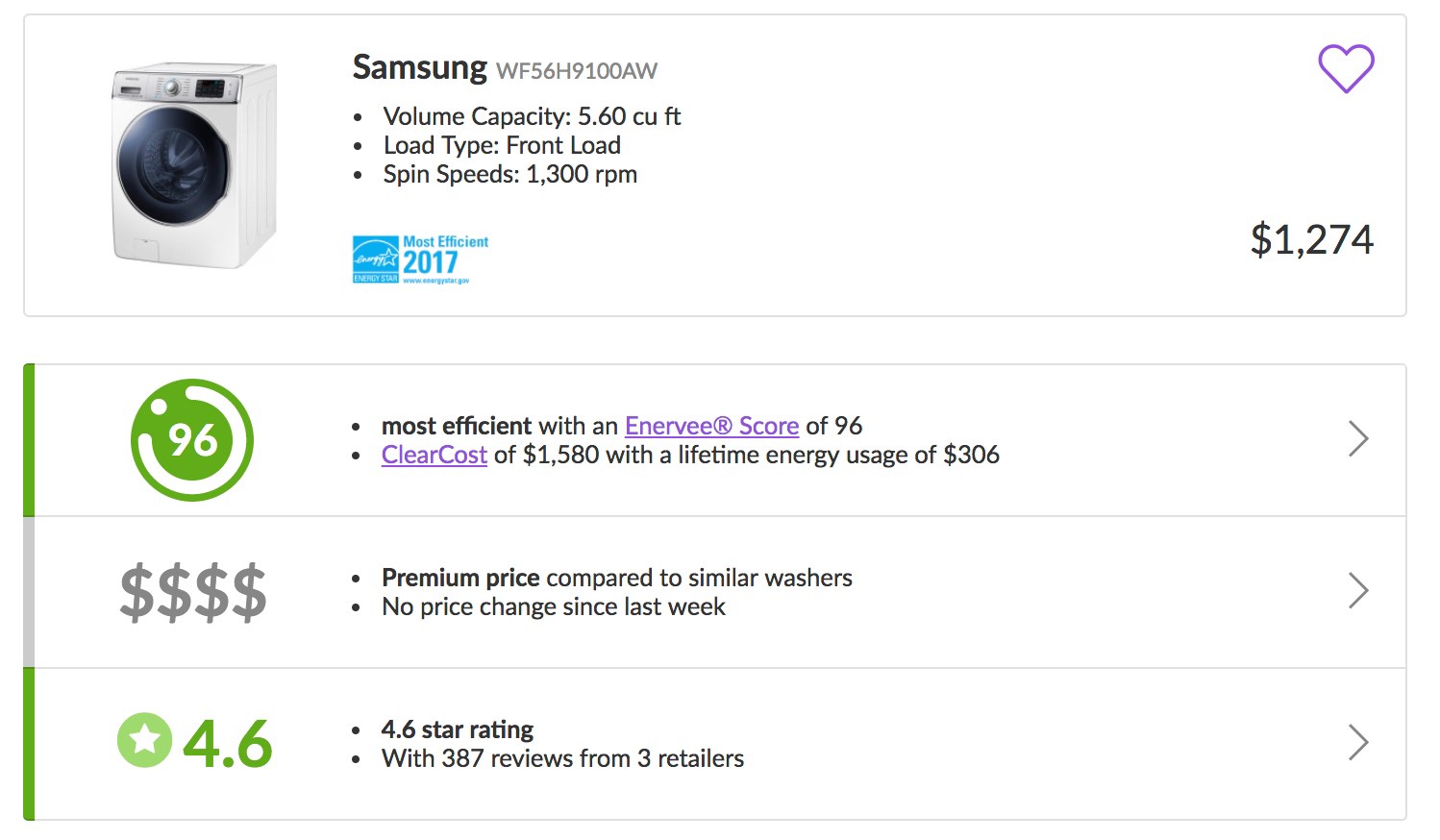In our last post, we revealed how energy efficiency is still linked — in our minds at least — with cost. We’re convinced that if you want to save money (via less energy), then you’ve got to stump up for it in the first place. This is a fallacy — yes, you can pay more for efficient products, but you don’t need to. It’s an out-dated lay theory, and one that is potentially hurting our march toward a more sustainable future.
Lay-theories are relatively easily outmanoeuvred though. We showed how providing consumers with a price-worthiness cue (i.e. how does the product stack up with others of a similar spec’?) is enough to banish the belief about efficiency costing more. But in doing so, there’s also the possibility we just generally start to think harder about the decision. In other words, when we’re stripped bare of our trusted intuition, we have to cognitively fend for ourselves. If this happens, then we as consumers may still throw up a barrier before buying energy efficient products, because we simply don’t think they’ll be any good (‘they may be efficient, but at that price, they must be poorly made..’).
In this situation, we need to give consumers the reason to believe they’re OK to abandon their intuition. And we propose we can do this by giving more timely access to product reviews. In other words, right at the moment the lay theory is turned-off, we propose we should also lend support to the decision being the right one.
To test this, we ran an experiment where consumers were shown two identical washing machines. Both showed very high levels of efficiency (via the Enervee Score: 100). However one was priced high, and one was priced low. As expected, when the price was low, reviews for the product became more important (both qualitatively and quantitatively). In other words, when we challenge a lay theory, it’s key to then provide further support for abandoning the theory. It’s not a great idea to leave the consumer hanging with their intuition in tatters.

These results are important when it comes to energy efficient purchases for our homes. We’ve seen through our recent studies that providing a clear measure of efficiency, and a simple cue regarding price-worthiness can switch-off our intuition regarding efficiency and price. In this latest piece, we’ve also seen that we can assuage fears about letting go of intuition by providing the support for the (new) decision via product reviews. Together these three pieces of information — efficiency, price-worthiness and reviews — appear both crucial and supportive in terms of steering buying decisions towards more efficient purchases. These results also support our decision at Enervee to include these three data-points next to every product in every category on Enervee Marketplace, and to make sure they’re updated every day.
You can read the full paper on this study here.
